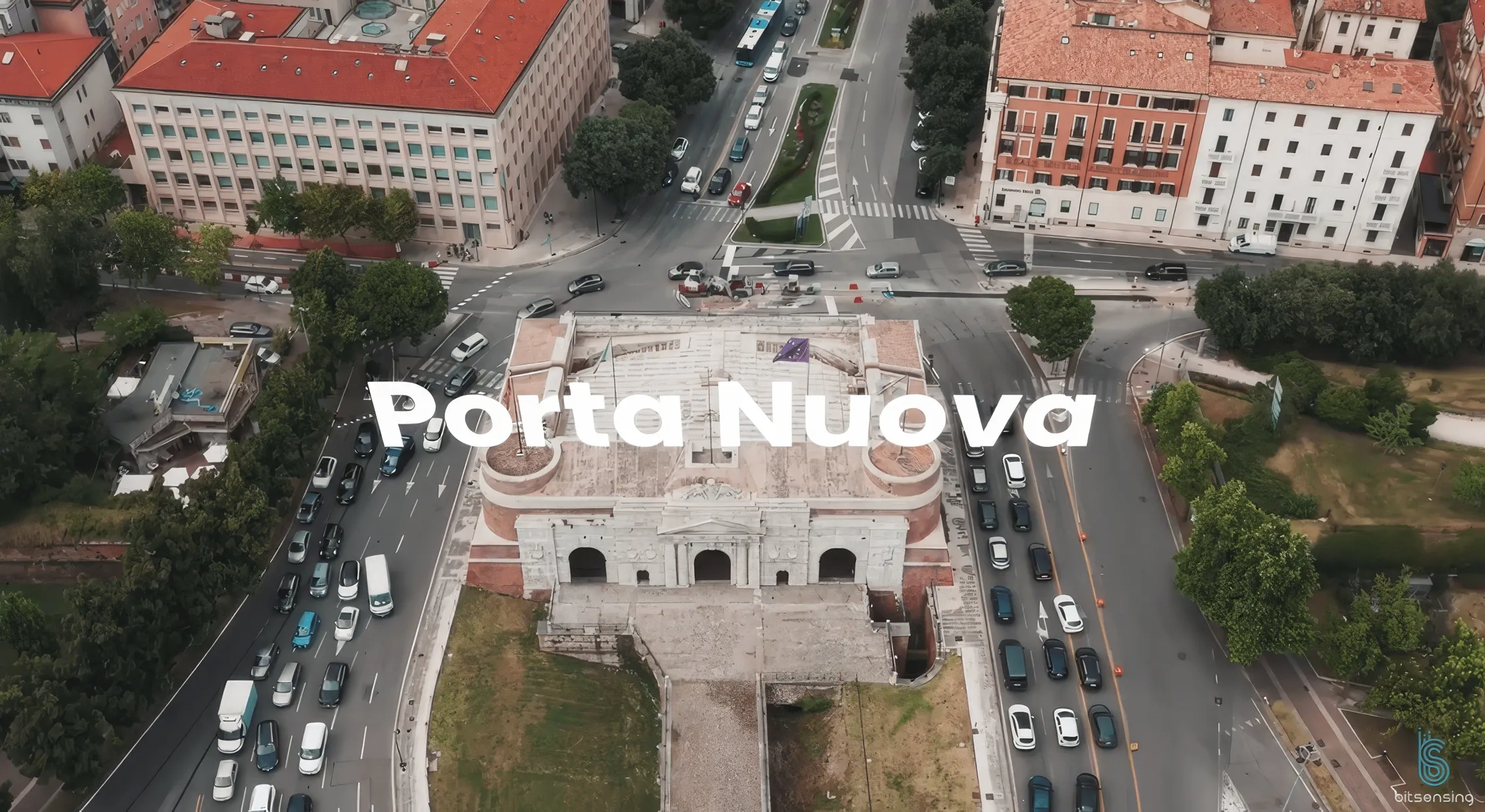Parking data solutions provider Case Parking comes to the World Congress buoyed by its contract with Norwalk Parking Authority, Connecticut, to implement smart parking in the city.
The contract, a three-way partnership that includes sensor-based smart parking technology provider Streetline, will provide visitors and residents with real-time occupancy data and guidance to available spaces for on and off-street parking in the city’s urban areas.
September 9, 2014
Read time: 2 mins

Parking data solutions provider 7237 Case Parking comes to the World Congress buoyed by its contract with Norwalk Parking Authority, Connecticut, to implement smart parking in the city.
The contract, a three-way partnership that includes sensor-based smart parking technology provider Streetline, will provide visitors and residents with real-time occupancy data and guidance to available spaces for on and off-street parking in the city’s urban areas.
Work to install the technology began in the spring and will be fully online this autumn. Currently, Norwalk Parking Authority has real-time parking availability information available online only for one location.
Under the new system, motorists in Norwalk will have a complete view of parking availability in the city’s urban areas. Case Parking will collect occupancy data from three lots and garages and Streetline is outfitting the urban core with 200 sensors that collect occupancy data in real-time.
“This collaboration with the Norwalk Parking Authority, Streetline and Case Parking is revolutionary,” says John Couvrette, vice president of Case Parking. “Parking industry leaders came together to transform the city’s parking into sustainable, efficient and forward-thinking operations.”
“Estimates reveal that 30% of downtown traffic congestion is attributed to drivers searching for a place to park,” said Zia Yusuf, Streetline’s president and CEO. “Norwalk is overcoming the all-too-common perception of a lack of parking by offering motorists access to real-time information.”
The contract, a three-way partnership that includes sensor-based smart parking technology provider Streetline, will provide visitors and residents with real-time occupancy data and guidance to available spaces for on and off-street parking in the city’s urban areas.
Work to install the technology began in the spring and will be fully online this autumn. Currently, Norwalk Parking Authority has real-time parking availability information available online only for one location.
Under the new system, motorists in Norwalk will have a complete view of parking availability in the city’s urban areas. Case Parking will collect occupancy data from three lots and garages and Streetline is outfitting the urban core with 200 sensors that collect occupancy data in real-time.
“This collaboration with the Norwalk Parking Authority, Streetline and Case Parking is revolutionary,” says John Couvrette, vice president of Case Parking. “Parking industry leaders came together to transform the city’s parking into sustainable, efficient and forward-thinking operations.”
“Estimates reveal that 30% of downtown traffic congestion is attributed to drivers searching for a place to park,” said Zia Yusuf, Streetline’s president and CEO. “Norwalk is overcoming the all-too-common perception of a lack of parking by offering motorists access to real-time information.”









